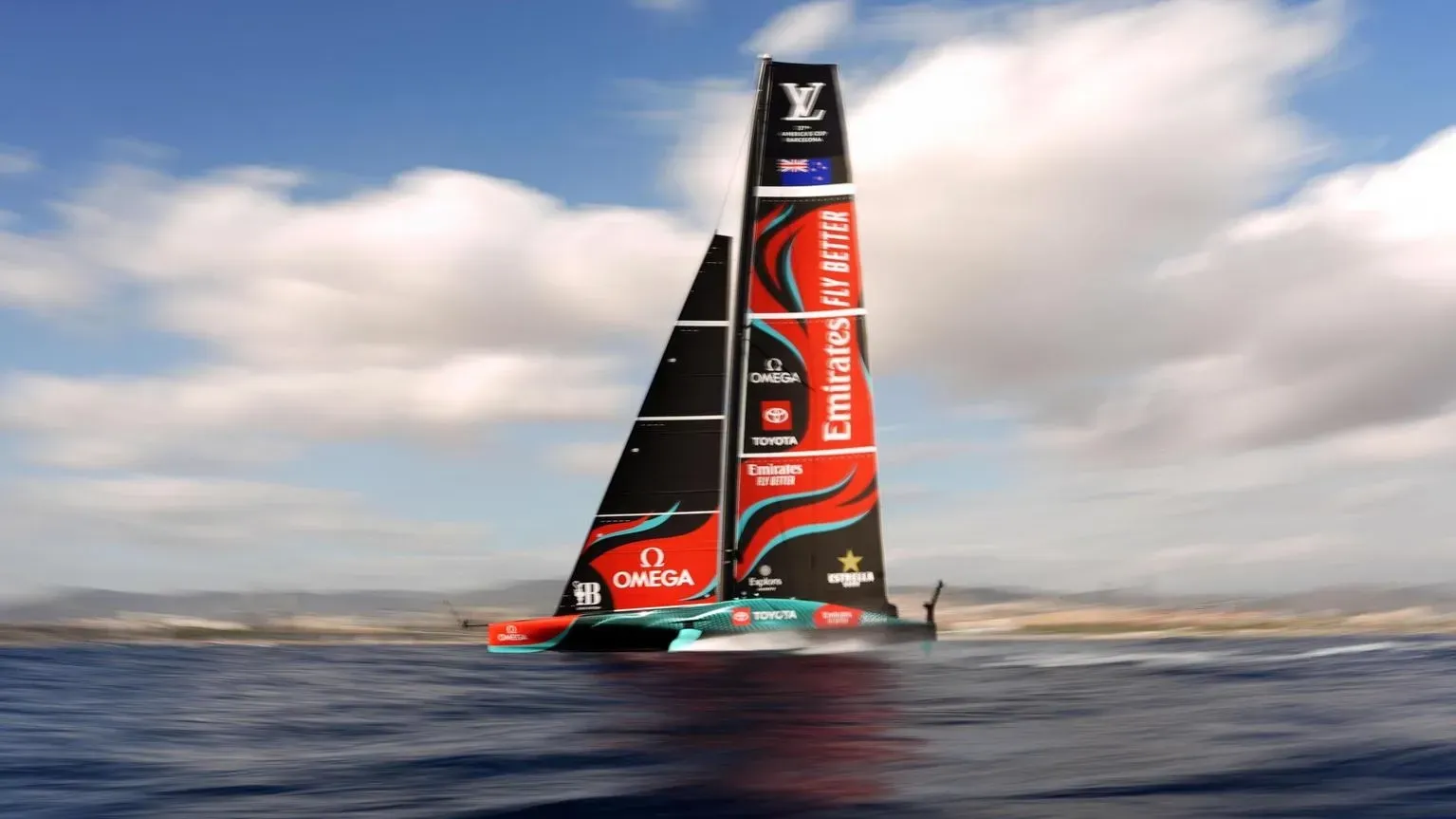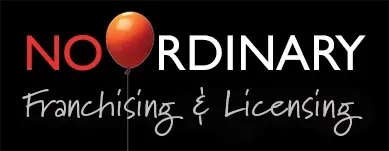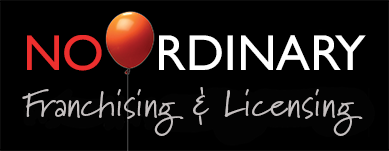Creative Financing: Innovative Ways to Help Prospective Franchisees Get Started
It happens to us all – you find a prospective franchisee who seems ‘right’ in every way, except one. Access to capital.
As a former franchise executive, then a successful franchisor and now a franchise consultant, I’ve seen firsthand how financing solutions can make or break a franchise deal. With traditional bank loans often falling short for aspiring franchisees, franchisors who offer innovative funding options gain a significant competitive edge in attracting top talent.
Let’s explore some alternative approaches to help your prospective franchisees get started.
Financing: The primary barrier to entering the franchise industry
In a study conducted by FRANdata, 35% of prospective franchisees cited financing challenges as the primary barrier to entering the industry.
According to the International Franchise Association (IFA), around 62% of franchisees struggle with financing, particularly when they are new to the franchise world.
Franchisor-Sponsored Financing
One of the most straightforward ways for franchisors to help is by offering direct financing. This can take several forms, including financing part of the franchise fee or offering loans for initial fit-out costs.
Example 1: The UPS Store, which has an internal financing program that helps franchisees with initial franchise fees. According to their franchise development team, this programme has allowed more qualified candidates to join the network, increasing their growth rate.
Example 2: In my experience as a franchise consultant, I’ve helped franchisors develop similar programmes. I have recently worked with a food and beverage franchise in creating an installment payment plan for their franchise fees which allowed new franchisees to spread payments over a three-year period. This not only reduced the financial burden upfront but also created a longer-term relationship between the franchisor and franchisee.
Example 3: I am currently working with a bank which is willing to provide capital finance to franchisors which can then be used to finance franchisees into their franchises. Subscribe to my newsletter for updates.
Partnership with Third-Party Lenders
Many of my clients have already developed partnerships with third-party lenders who specialise in franchise financing. These include a number of banks which are familiar with the specific financial models of franchises and often have more flexible loan terms, including in several cases, up to 50% without collateral for established franchises.
FranFund and ApplePie Capital are two well-known franchise lenders that work closely with both franchisors and franchisees to provide financing solutions tailored to the franchise business model. ApplePie Capital, for example, offers custom loan products that work with the growth timeline of a franchise, so franchisees aren’t overwhelmed with payments before they are generating solid cash flow.
One client of mine, a multi-location fitness franchise, successfully partnered with a major bank to offer a financing solution that reduced the repayment burden for franchisees during the first year of operation. This resulted in a 20% increase in the number of franchisees who were able to open locations within a year of signing their franchise agreement.
Vendor Financing and Leasing Options
Vendor financing involves suppliers of equipment or other essential items offering financing options for franchisees. This is particularly common in industries with high equipment costs, such as quick-service restaurants (QSR) or automotive repair franchises. Franchisors can negotiate lease-to-own options with vendors on behalf of their franchisees, reducing the upfront burden. This allows franchisees to get the necessary equipment while spreading payments over time.
As a franchise consultant, I’ve also helped franchisors to finance or lease premises, fitouts and equipment directly to their franchisees, significantly reducing the upfront costs of entry for franchisees while providing franchisors with additional income streams and compliance capability.
Shared Risk Models
Franchisors who want to be truly innovative might consider a shared risk or joint venture model, where they invest alongside franchisees. For example, a franchise may reduce the initial franchise fee or take an equity stake in the location, with the franchisor providing capital and expertise in exchange for a share of the profits. This model isn’t for everyone, but it demonstrates a franchisor’s confidence in the success of its franchisees.
Industry Trend: The International Franchise Association's 2024 Franchise Business Economic Outlook reports a 15% increase in franchisor equity partnerships over the past two years.
Example: A large U.S. restaurant chain used this approach in select underpenetrated markets, offering to co-invest with franchisees to stimulate growth in those regions. This strategy led to 15 new stores opening within a year in previously untapped markets, creating a win-win scenario.
Leverage of Retirement Funds
Did you know that many prospective franchisees can tap into their retirement savings to fund a franchise without incurring penalties? In the United States, this method, known as Rollover for Business Startups (unfortunately shortened to ‘ROBS’), allows individuals to use 401(k) or IRA funds to invest in a business.
Several other countries also offer the opportunity for investors in retirement and superannuation funds to access part of their fund for franchise or business startups. In New Zealand, the National Party promised to allow up to $20,000 to be withdrawn from Kiwisaver accounts for this purpose, but the new government has yet to fulfill their promise.
How I can help you grow your franchise
with better franchisee financing options
As a franchise consultant, I work with franchisors to develop and implement a range of financing solutions. My services include:
- Assessing your franchise system’s financial needs and capabilities
- Designing custom financing programmes that align with your growth strategy
- Developing partnerships with lenders, equipment lessors, and other financial institutions
- Creating legal frameworks for in-house financing programmes
- Training your franchise development team on how to present and leverage these financing options
By offering innovative financing solutions, franchisors can significantly expand their pool of qualified candidates, accelerate growth, and build stronger relationships with their franchisees. Remember, the key to successful creative financing is finding the right balance between lowering barriers to entry and maintaining the quality and commitment of your franchisees.
Contact me, Robin La Pere, on robin@noordinary.co.nz or use this form to arrange a Free Franchisee Financing Consultation.
Share on your Page:
Follow us:














